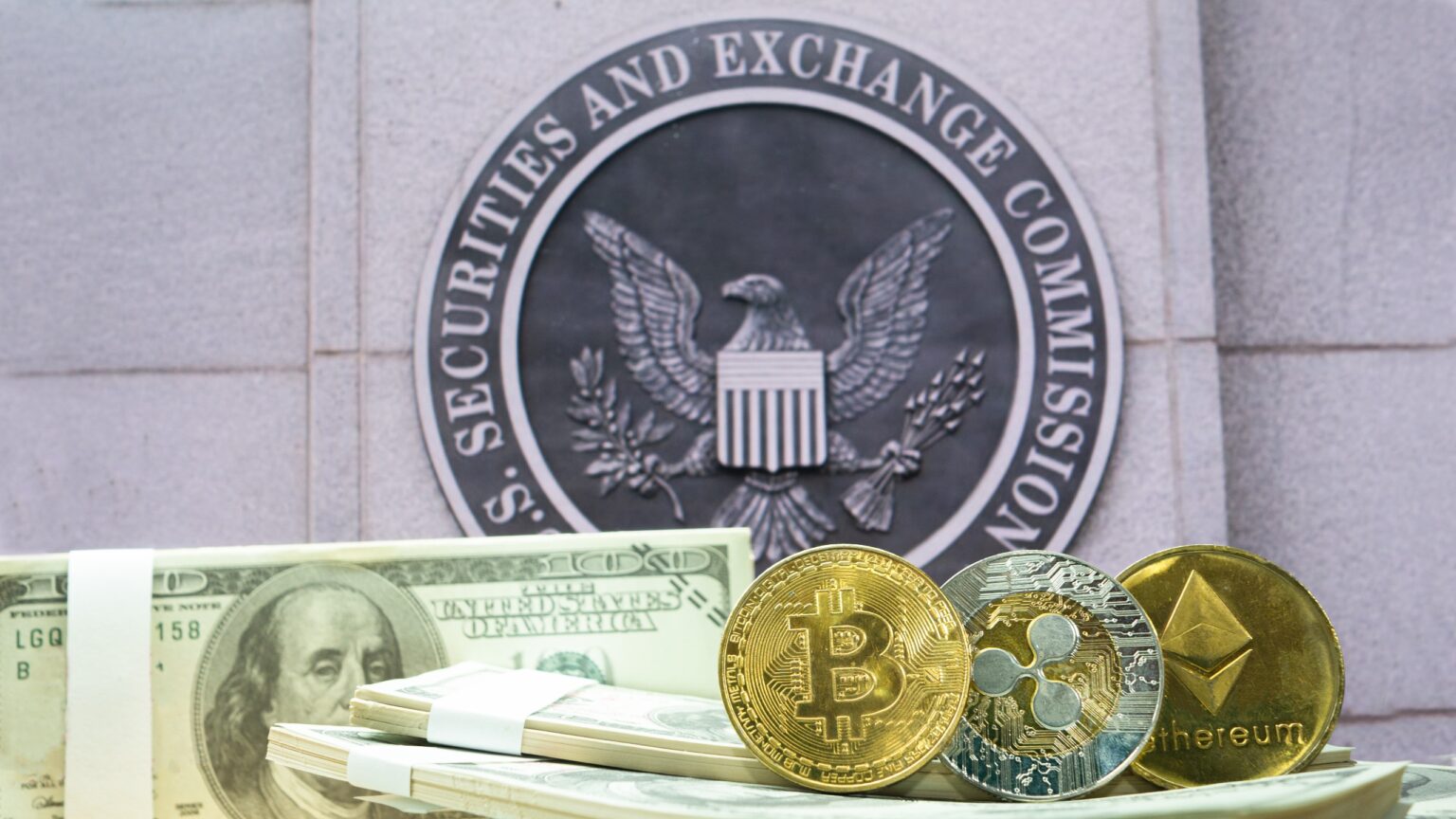According to a recent report, the SEC is facing scrutiny from legal experts over its management of digital assets, particularly evident in the ongoing Ripple XRP case. A pro-crypto attorney, John Deaton, has voiced notable apprehensions about the agency’s mission, strategy, and possible conflicts of interest.
Deaton’s critique centers around Bill Hinman, the former Director of Corporation Finance at the SEC. Hinman’s testimony under oath, wherein he stated that the agency does not need to fulfill all aspects of the Howey Test to establish an offer or sale as an investment contract, has raised eyebrows. Consequently, Deaton makes two possible interpretations: that Hinman was inadequately qualified for his role or that he deliberately lied under oath.
The @SECGov, like many federal agencies, has lost complete sight of its mission and purpose. It literally ignores the law. Digital assets and the Ripple XRP case are the perfect examples.
Bill Hinman testified UNDER OATH that the SEC does not have to satisfy all Howey factors to… https://t.co/8sEDNiuaOy
— John E Deaton (@JohnEDeaton1) August 28, 2023
Deaton also questions the plausibility of Hinman’s alleged incompetence, considering his leadership in significant financial endeavors like the Alibaba IPO alongside Jay Clayton. The lawyer’s concerns intensified because the SEC’s Framework for Digital Assets, overseen by Hinman, appeared to overlook a crucial factor of the Howey Test on the common enterprise element.
Conflicts of Interest and Need for Regulatory Change
Highlighting potential conflicts of interest, Deaton points to instances where Hinman’s statements about Bitcoin and Ethereum not being securities contrast with his law firm’s involvement in the Canaan IPO and connections with the Ethereum Enterprise Alliance.
Furthermore, Deaton underscores a network of relationships wherein Hinman collaborated with individuals who contributed to drafting his speech, which he deems highly problematic.
6/Head of Trading and Markets (T&M) said, “because the list of factors is so extensive – and appears to include things that go beyond the typical Howey analysis – we have concerns this might lead to greater confusion on what is a security.” Hinman ignored those concerns. pic.twitter.com/2xTzKGHITj
— Stuart Alderoty (@s_alderoty) June 13, 2023
Additionally, he advocates for regulatory changes to prevent conflicts of interest, suggesting that the practice of regulators transitioning into roles within the industries they oversee needs to be addressed. Deaton argues that these issues will persist irrespective of presidential changes and calls for measures to ensure the integrity of regulatory bodies.
Examining Ripple XRP Case and Potential Outcomes
As the Ripple XRP case evolves, John Deaton offers insights into the potential directions the SEC could take in response to the case’s outcome. He highlights two likely routes the agency might pursue, with the first asserting “facts and circumstances” unique to XRP to avoid setting a precedent for other tokens. Secondly, appealing the case and influencing similar cases’ decisions across different jurisdictions.
By Aug. 30, 2023, both parties in the Ripple vs. SEC case were gearing up for trial scheduled for the second quarter of 2024. Meanwhile, insights from Deaton highlight the SEC’s inconsistent stance, referencing an XRP Howey Memo. Interestingly, this memo, shared a day before a pivotal Hinman speech, did not call for actions against Ripple or its leaders.
🚨NEW: The @SECGov has officially filed its motion for leave to file an interlocutory appeal in the @Ripple case. 👇🏼 pic.twitter.com/K384Cqr2kI
— Eleanor Terrett (@EleanorTerrett) August 18, 2023
In addition, Analisa Torres greenlighted the SEC’s request for an appeal in the case, with the appeal focusing on the distinction between programmatic sales and other XRP distributions on Aug. 18. While Ripple Labs decries the SEC’s backtracking, the agency views the appeal as a strategy to avoid prolonged legal remedies.
Call for Regulatory Evolution
The SEC’s handling of the Ripple XRP case has triggered intense debate among legal experts and industry leaders. John Deaton’s meticulous analysis sheds light on the agency’s potential motivations and future paths.
As the crypto landscape evolves, the need for transparent, unbiased regulation becomes more pronounced. Deaton’s call for regulatory changes aimed at preventing conflicts of interest underscores the significance of maintaining the integrity of regulatory bodies in a rapidly changing digital economy.









 and then
and then